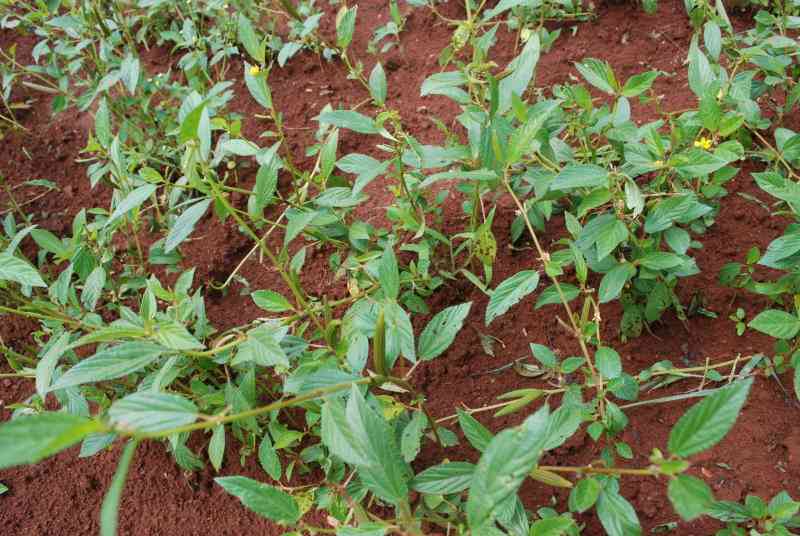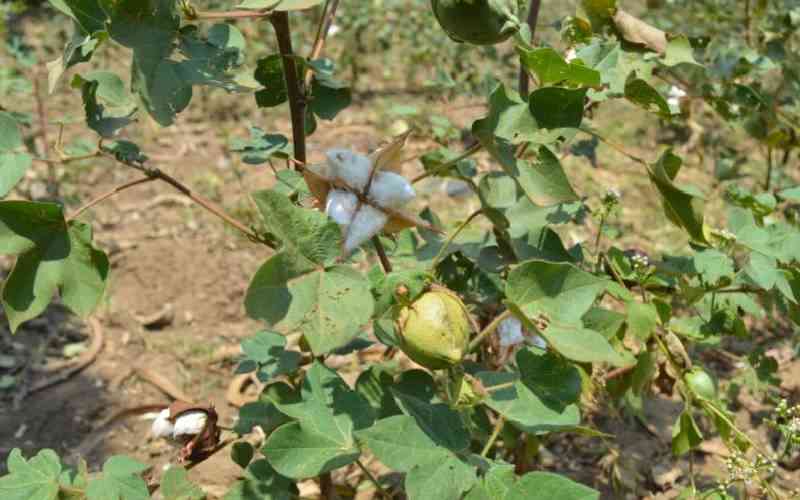By Eric Wainaina
Kenya: Six years ago, Lucy Muchoki quit her job to devote her time to helping farmers improve their productivity and competitiveness. Many of her friends thought it would be the beginning of her downfall, but the CEO of Pan African Agribusiness and Agroindustry Consortium (PanAAC) has today empowered hundreds of farmers across the country, and she says there is nothing else she’d rather be doing.
What is PanAAC about?
PanAAC aims to bring together agribusiness and agroindustry value chains and support services to enable them access information, knowledge, strategic partnerships and remediation.
Young and energetic youth have shunned agriculture for white-collar jobs, even though these are not forthcoming. We have been going round trying to lure them into agriculture because it has massive potential today, and it is still the backbone of our economy.
We are also involved in conducting research and giving reports on what types of crops and animal breeds thrive in the various climates and soil types across the country.
What made you decide to start the organisation?
PanAAC was established in June 2007 in Johannesburg by the African private sector under the auspices of the African Agricultural Research Forum (FARA). It was founded on the premise that the reason agriculture is so underexploited in Africa is there’s a lack of a dynamic private sector.
To remedy this, the organisation identifies serious farmers from different parts of the country, provides them with farm inputs (seeds, fertiliser and chemicals) or animals to kickstart their business, and educates them on best practices.
We follow up on their progress and after the harvest, we help them look for markets both locally and outside our borders as PanAAC is connected to other countries in Africa.
What projects are you currently running?
We have farming projects going on in Rift Valley, Nyanza and parts of eastern, central and western Kenya. They include crop farming, and poultry, rabbit and dairy keeping.
What do you consider the biggest obstacle to an increased uptake of agriculture?
It is unfortunate that in most institutions, learners are made to believe that farming is for those who have never been to school or have failed their exams. To change this kind of thinking, we have been approaching universities and picking a few students to work with us, which we hope will help them understand the importance of farming.
Who’s included in your network of business contacts?
Stay informed. Subscribe to our newsletter
We have created a network that includes input suppliers, producer organisations, processors and packagers, logistics providers, commodity organisations, wholesalers and retailers, financiers and business development service providers. We also work in partnership with researchers, policy makers and development partners.
Any partnerships with the Government?
PanAAC recently spearheaded the formation of a public-private alliance in the agriculture sector to enhance the growth of agribusiness in Kenya.
Dubbed the Kenya Agribusiness and Agroindustry Alliance (KAAA), the association is intended to create a strong voice that will drive dialogue with the two levels of government on issues of policy, infrastructure, regulatory requirements, non-tariff barriers and subsidies.
The alliance is expected to ease the process of engagement due to a single reference point, and ensure representation of private sector issues in consultative Government forums. Agriculture thrives where public and private sectors work together and complement each other.
What is your organisation’s long-term purpose? There is a lack of communication between the people with information on new agricultural practices and farmers, so PanAAC is working to bridge the gap. We look for experts in various fields of agriculture to provide training, and conduct research whose findings we use to improve the sector.
[email protected]
 The Standard Group Plc is a
multi-media organization with investments in media platforms spanning newspaper
print operations, television, radio broadcasting, digital and online services. The
Standard Group is recognized as a leading multi-media house in Kenya with a key
influence in matters of national and international interest.
The Standard Group Plc is a
multi-media organization with investments in media platforms spanning newspaper
print operations, television, radio broadcasting, digital and online services. The
Standard Group is recognized as a leading multi-media house in Kenya with a key
influence in matters of national and international interest.
 The Standard Group Plc is a
multi-media organization with investments in media platforms spanning newspaper
print operations, television, radio broadcasting, digital and online services. The
Standard Group is recognized as a leading multi-media house in Kenya with a key
influence in matters of national and international interest.
The Standard Group Plc is a
multi-media organization with investments in media platforms spanning newspaper
print operations, television, radio broadcasting, digital and online services. The
Standard Group is recognized as a leading multi-media house in Kenya with a key
influence in matters of national and international interest.










